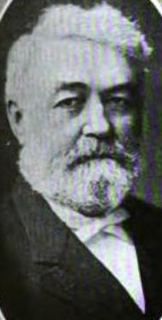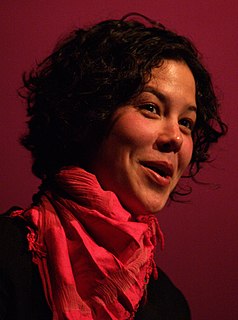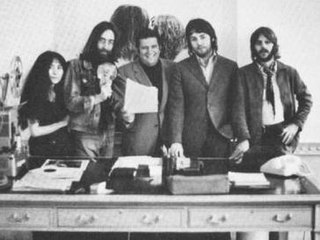A Quote by Anthony Trollope
Considering how much we are all given to discuss the characters of others, and discuss them often not in the strictest spirit of charity, it is singular how little we are inclined to think that others can speak ill-naturedly of us, and how angry and hurt we are when proof reaches us that they have done so.
Related Quotes
Each of us can discuss God inasmuch as he has known the grace of the Holy Spirit; for how can we think of or discuss what we haven't seen, or haven't head of, or don't know? The saints say that they have seen God, but there are people who say that there is no God. Clearly, they say this because they haven't known God, but this does not at all mean that He is not. The saints speak of that which they have truly seen and know.
What I feel I can do is help people become aware of how pervasive and extensive the arts are, how they affect each one of us in our daily lives—what kind of [buildings] we live in, what kind of clothes we wear, what we see with our eyes. We are often blind to the beautiful things around us. What I'm mostly concerned about is how often we're blind to our own talent. I think that within each human being there is a creative spirit, and some of us have been fortunate enough to have good teachers and parents who've brought this out and encouraged it, but others haven't.
No man is much regarded by the rest of the world. He that considers how little he dwells upon the condition of others, will learn how little the attention of others is attracted by himself. While we see multitudes passing before us, of whom perhaps not one appears to deserve our notice or excites our sympathy, we should remember, that we likewise are lost in the same throng, that the eye which happens to glance upon us is turned in a moment on him that follows us, and that the utmost which we can reasonably hope or fear is to fill a vacant hour with prattle, and be forgotten.
How we view ourselves can often determine the perspective and degree in which we see others and the world around us. Each and every one of us has a view. Such a view, that it can shape the future of others and how they live, dream and look towards the future that we all hope is better and more fruitful than our past. This I believe is a common initiative.
A willingness to vocalize feelings. How important it is to be willing to voice one's thoughts and feelings. Yes, how important it is to be able to converse on the level of each family member. Too often we are inclined to let family members assume how we feel toward them. Often wrong conclusions are reached. Very often we could have performed better had we known how family members felt about us and what they expected.
We never know how much one loves till we know how much he is willing to endure and suffer for us; and it is the suffering element that measures love. The characters that are great must, of necessity, be characters that shall be willing, patient and strong to endure for others. To hold our nature in the willing service of another is the divine idea of manhood, of the human character.







































